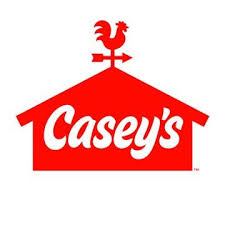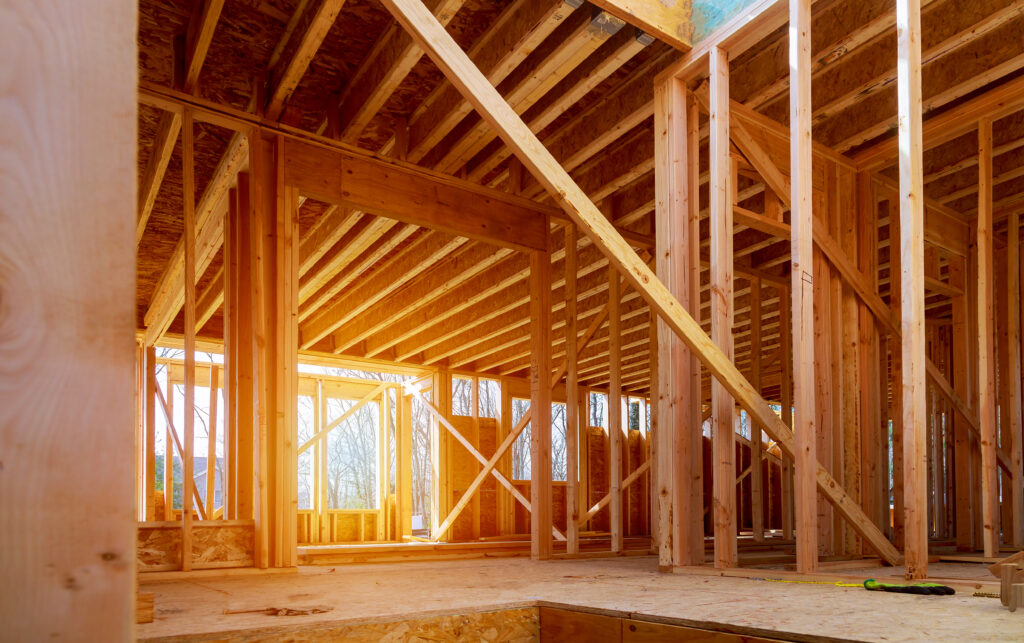Wells Fargo economist forecasts mild, short recession for late ’23

The U.S. economy will likely dip into recession near the end of this year as a result of higher interest rates and reduced credit availability, an economist with Wells Fargo said Monday.
But the economic downturn will be modest, with a decline of about 1% in real gross domestic product, and it will be fairly short, lasting only a few months before the economy begins to grow again in mid-2024, said Jackie Benson, a vice president and economist with Wells Fargo, during a visit to Des Moines.

While the economy has been “remarkably resilient” ― including a strengthening labor market with 339,000 jobs added in May ― higher interest rates and tightening credit markets continue to create economic uncertainty, raising the risk of recession later this year, Benson said.
“Similarly, consumers have yet to step off the gas and they’re still spending and spending and spending,” she said. “Really, the only sector that has weakened materially is the housing market, which has shown some signs of stabilization. And then manufacturing, which is very interest rate-sensitive.”
Benson said the Leading Economic Index flashes recession, and consumer confidence is still at a level that is historically associated with recession.
“Those factors, we still think, are going to tip the economy into a mild downturn, but it’s important to know that resilience makes us think the downturn will be a cyclical recession and very mild with a mild increase in the unemployment rate,” she said.
Benson also spoke about other topics, including banking, housing and inflation.
Banking
While she declined to discuss specific banks, Benson said instability caused by the closures of banks earlier this year reduced credit availability.
“The broader banking system remains in very solid financial health, so we haven’t seen that instability that people were worried was going to happen,” she said. “So far, the banking system has proven to be sound and resilient. The fear was that these rising interest rates were going to spur a domino effect among smaller banks that maybe didn’t have as diversified of an asset portfolio. That hasn’t happened. So although credit spreads remain wider and banks are tightening down on credit, it’s not going to produce another global financial crisis.”
Housing
Home prices in Iowa didn’t increase to the same extent that they did nationally, but conversely, home prices in the state didn’t exhibit the same weaknesses as they did nationally, Benson said.
As mortgage rates stabilized in the 6.5% range, still higher than in recent years, first-time homebuyers have been entering the market, she said.
But those higher interest rates are constraining the availability of existing homes on the market, Benson said.
“About 80% of current homeowners hold mortgage rates below 5%, so they’re not going to trade up to a higher rate,” she said. “Supply everywhere, including in Iowa, is very scarce, which has pushed these buyers that do want to come back into the market toward new construction. We’ve seen a modest pickup in new residential construction because of that, but we’re far way off from a full-fledged housing market recovery.”
Benson said data for existing home sales shows a shift toward more affordable homes. She also said builders have been successful offering rate buydowns and price cuts on new construction to attract buyers.
She said the forecast is for mortgage rates to trend down over the next two years.
For the housing market to show signs of recovery, mortgage rates will need to fall below 5%, she said.
Benson also said that with the forecast for a recession, home prices are expected to decline.
“But we don’t think they’re going to fall nearly as much as they did during the Great Recession. And at the end, we expect home prices to remain above what they were in 2021,” Benson said.
Interest rates and inflation
“I think it’s important to keep an eye on inflation because the path of inflation is going to determine the path of future rate hikes,” Benson said. “We are expecting the Fed to pause [rate hikes] at their meeting in June. Fed leadership has been very clear in preparing the markets for a possible pause so they can step back and examine the effects credit tightening has had on the economy.”
She said inflation is still higher than the Federal Reserve would like, leaving the door open to another rate hike later this year.
“The Fed is going to be very data dependent in their decision making,” Benson said. “So watch the Fed. Watch inflation.”

Michael Crumb
Michael Crumb is a senior staff writer at Business Record. He covers real estate and development and transportation.









